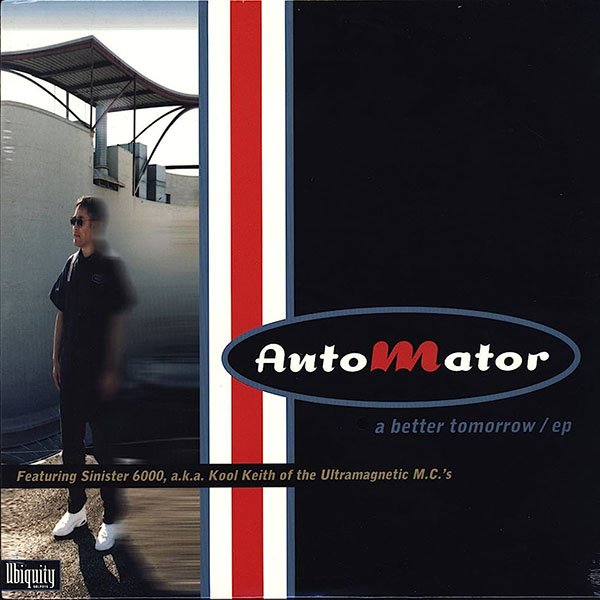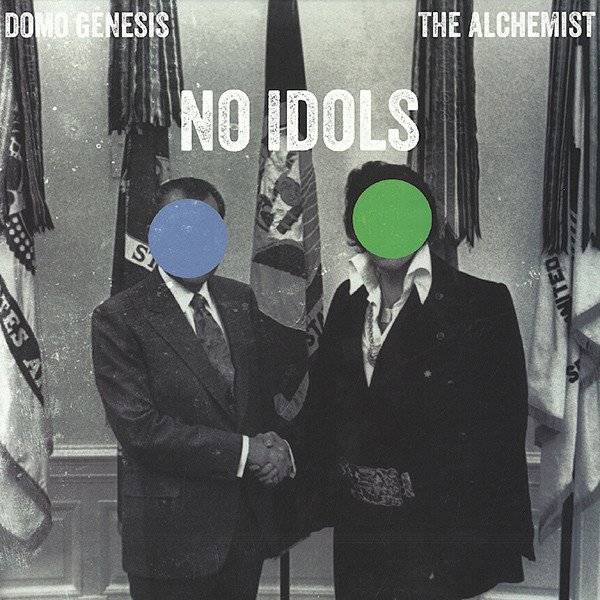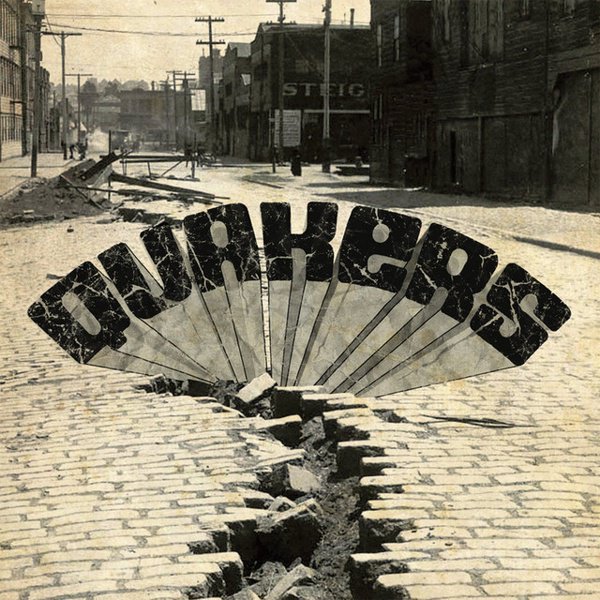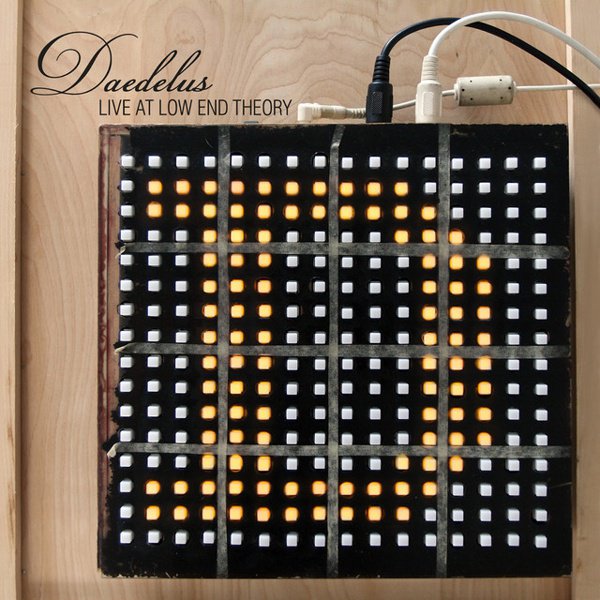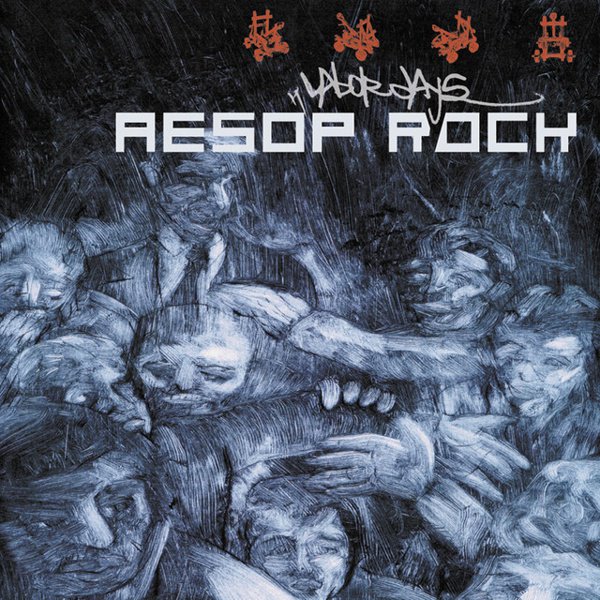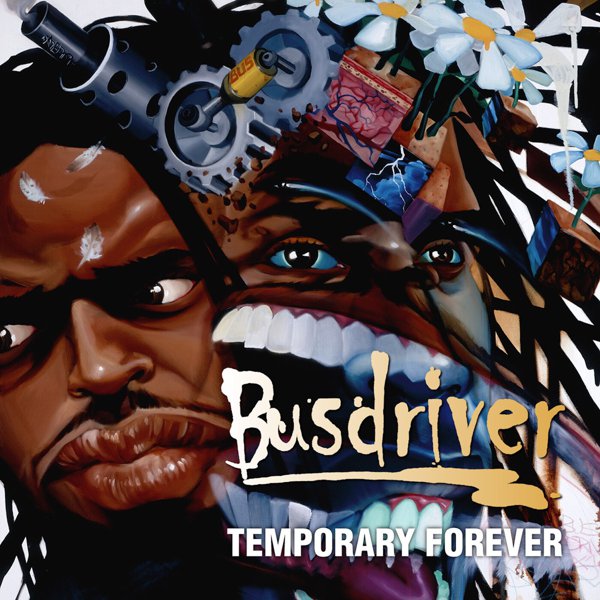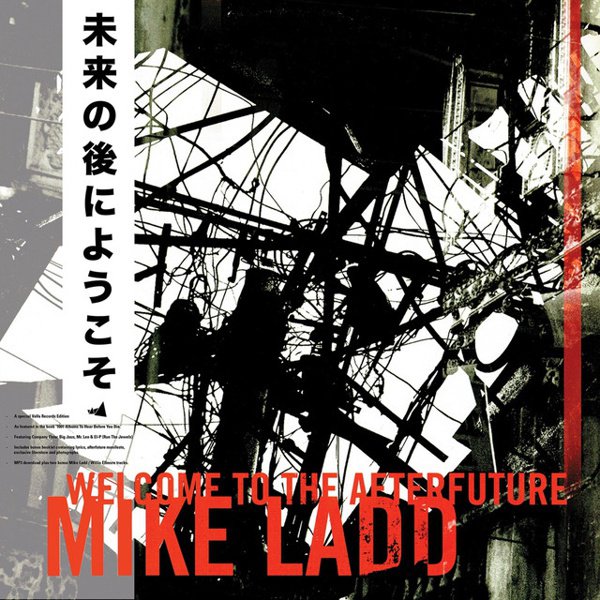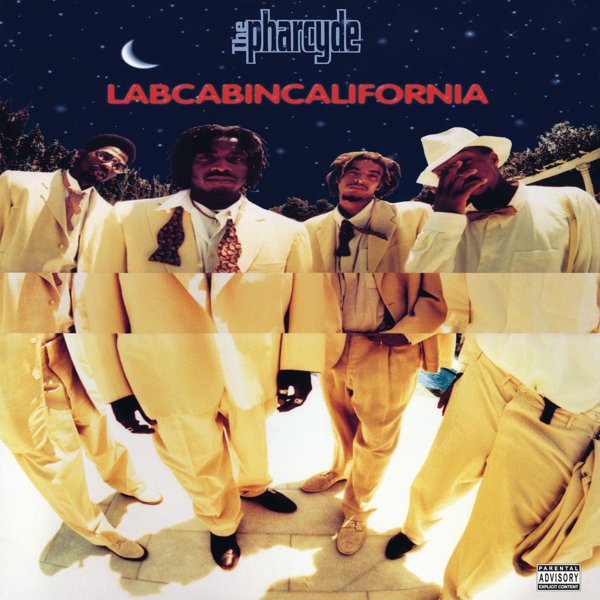A Much Better Tomorrow
The 1996 collaborations that made Kool Keith an indie crossover sensation and Dan the Automator one of the hottest producers for the next ten years weren’t just limited to Dr. Octagon. That year also saw the release of an EP, A Better Tomorrow, that this re-release expanded to album length four years after Dr. Octagonecologyst hit surrealist hip-hop paydirt. And the new qualifier shoehorned into the title holds true, turning a mildly diverting six-track stopgap into a minor underground classic. The two-part title cut gets maybe a verse and a half of Keith at his wildest, operating under one of many alter-ego/pseudonyms, Sinister 6000, and shaping stream-of-consciousness namedrops and phraseology out of elevated technological surrealism and body horror (“Sequence range is strange like maggots growing in your brains”). But there’s a lot more to his mic presence on this expanded set, and not just through popcult distortions like proto-Adult Swim fever dream “Cartoon Capers” or the bizarro-pimp flossing of “King of N.Y.” The far-and-away highlight is “It’s Over Now,” one of the bitterest fuck-this-industry screeds a rapper’s ever recorded — a track where crack-damaged former friends, his record label’s scant residuals, and the continued flourishing of his inferior stylistic imitators push him far beyond hater status to a full-on existential crisis — at least until he comes up with a chorus that finally makes a sort of disillusioned peace with it. A couple other cuts featuring rappers Neph the Madman (“Wiling,” which you could mistake for a higher-tier cut from a late ’90s Wu-Tang affiliate) and Poet (sounding like both he and Dan are concocting a solid Lord Finesse pastiche) aren’t nearly as outlandish, but they both capture something so distinctly pure about that early post-Golden Era flavor of underground hip-hop that it’s a mystery why neither MC ever rapped on anything this prominent ever again. And while Dan’s production here sounds more prosaic and no-frills than his creatively flourishing Handsome Boy Modeling School/Deltron/Gorillaz run, you can tell he’s on to something here. You can hear the groundwork being laid by the way the stammering clap-kicks unsettle the orchestral swells on the title cut, or the atmospheric dread that makes otherwise straightforward break-driven instrumentals like “Sleep” and “The Truth” feel like excursions into the hostile yet oddly beautiful unknown.

